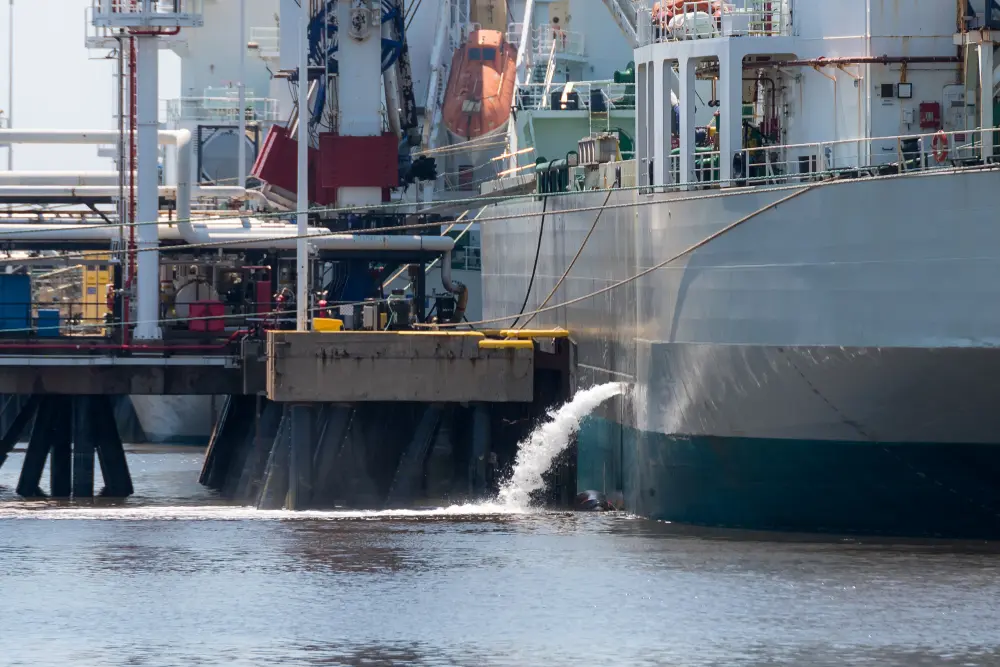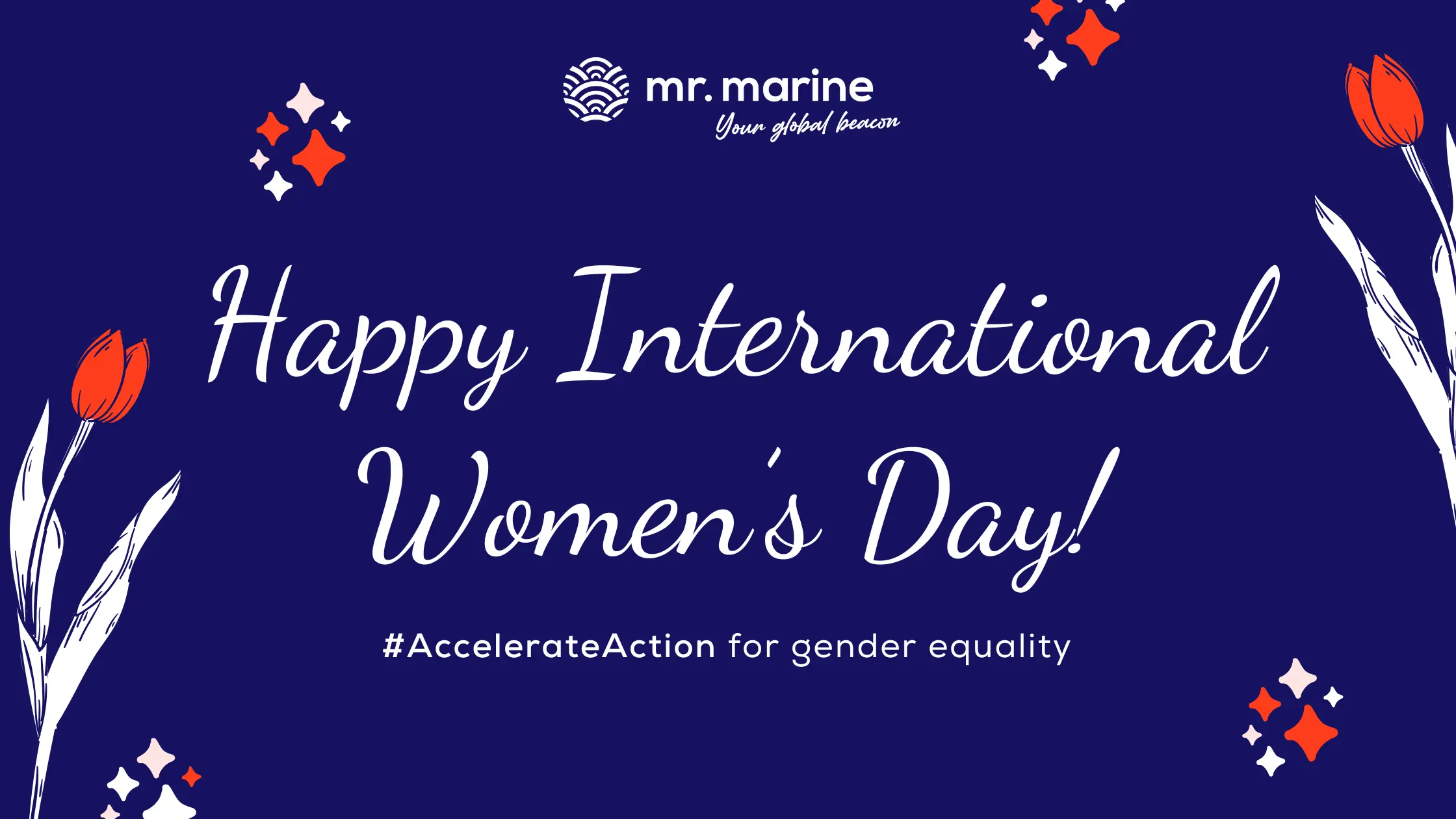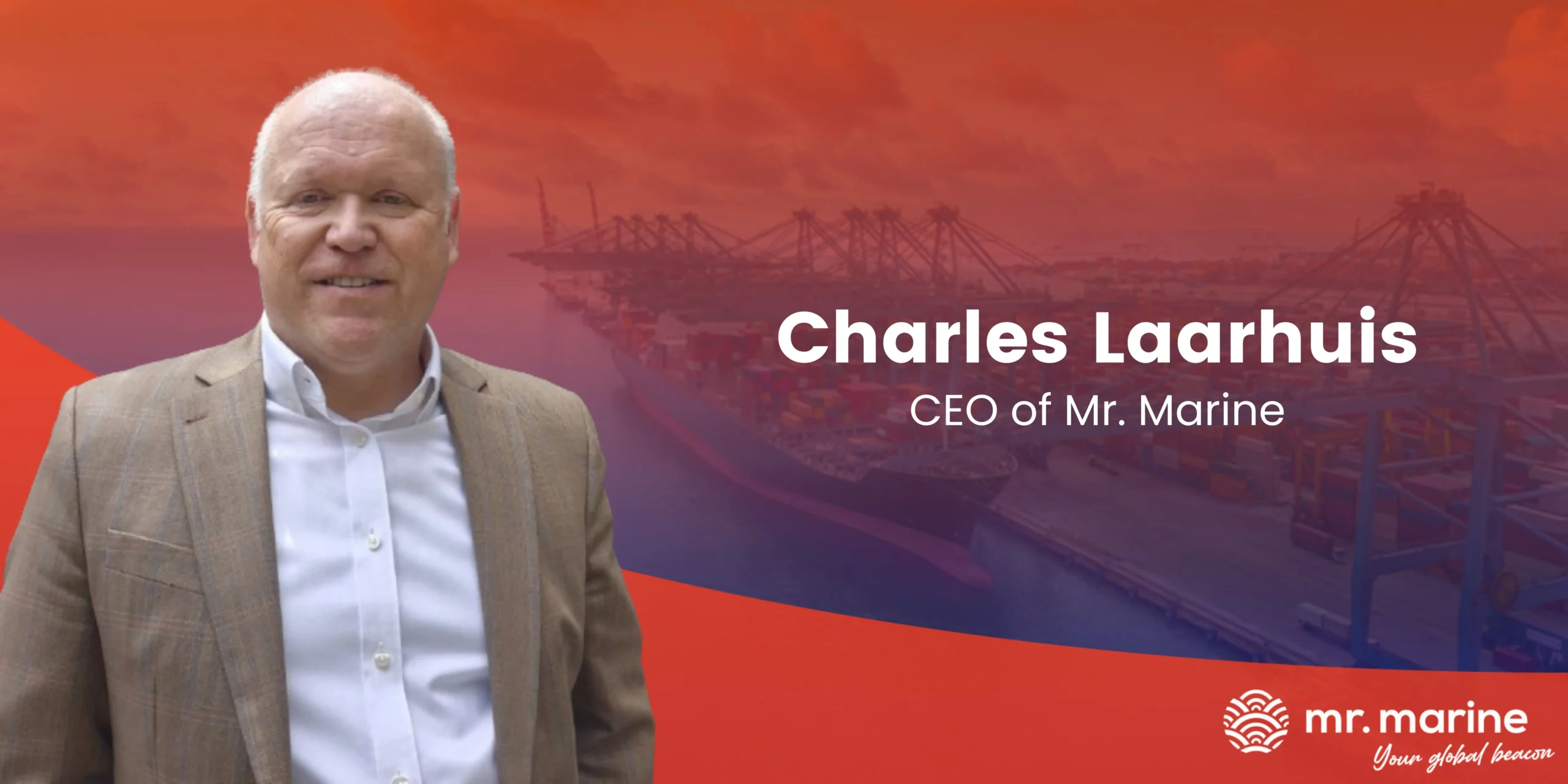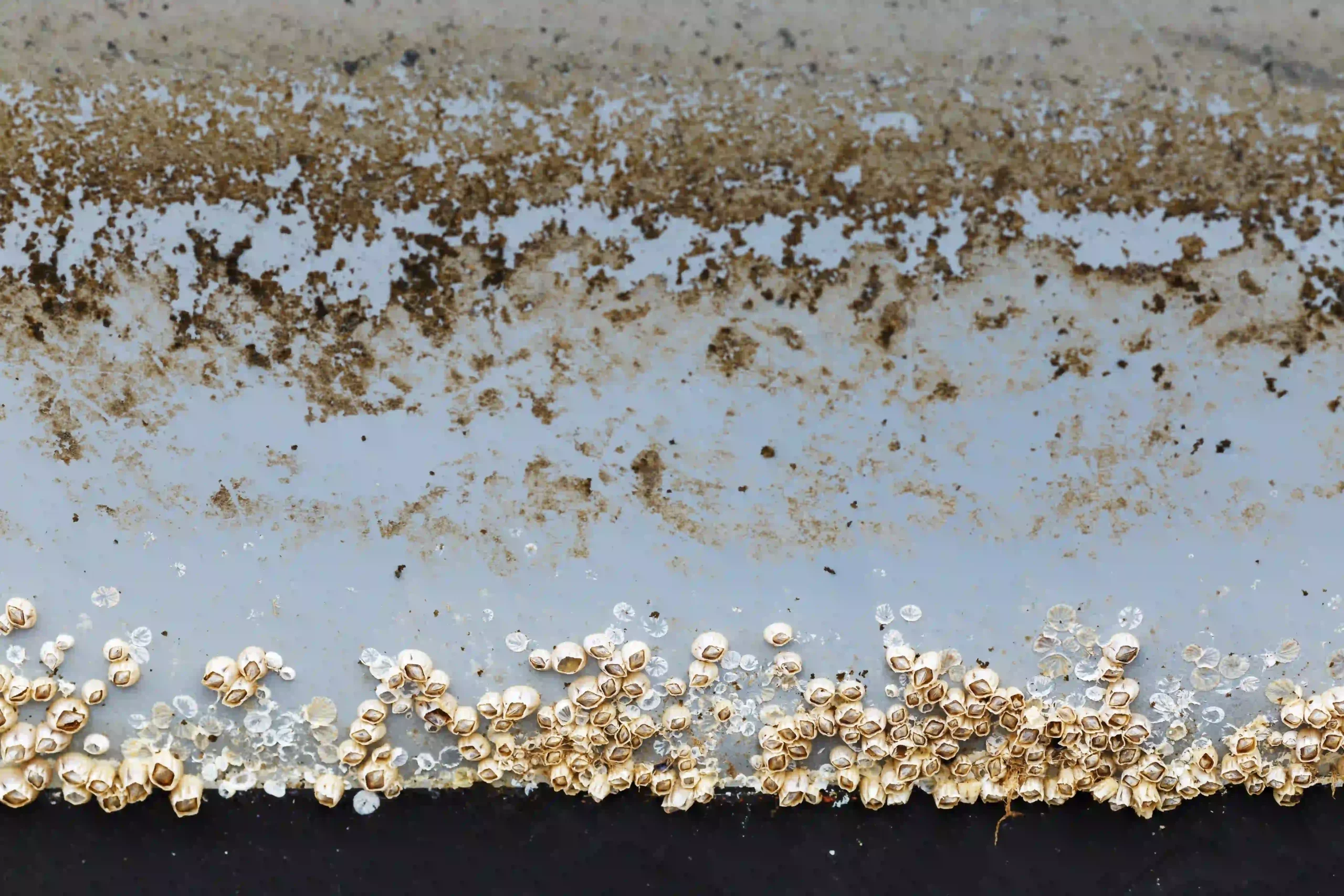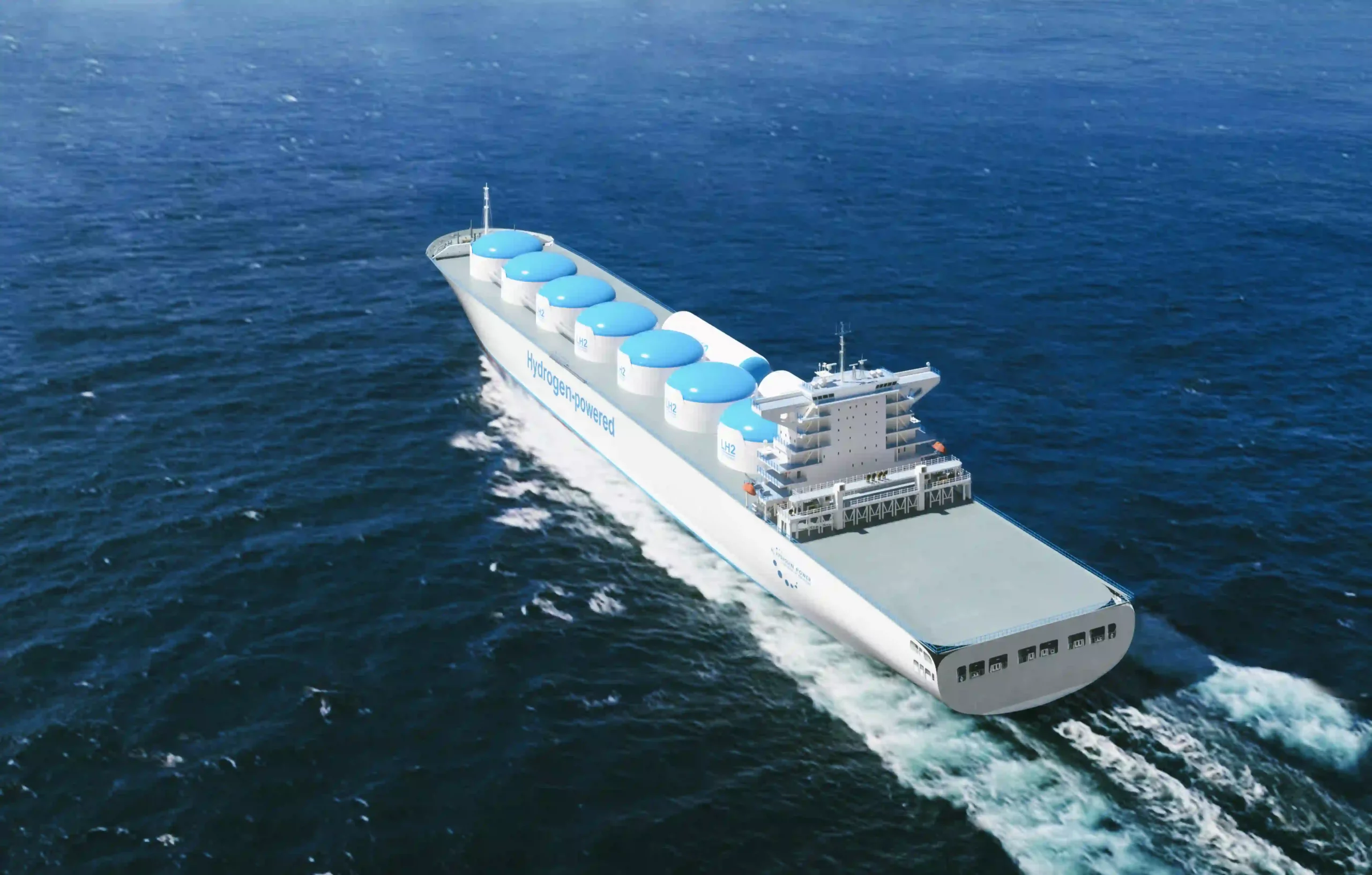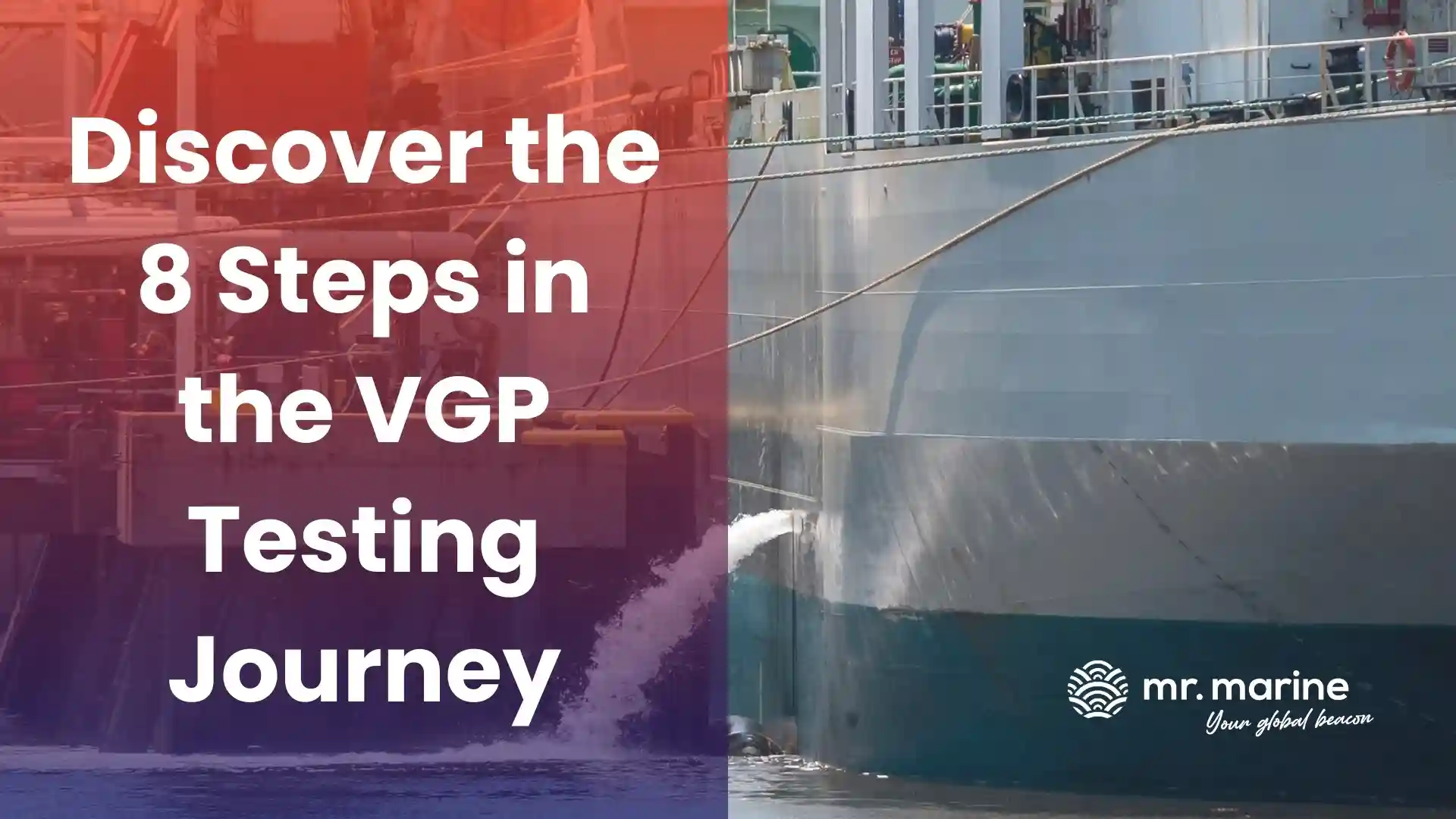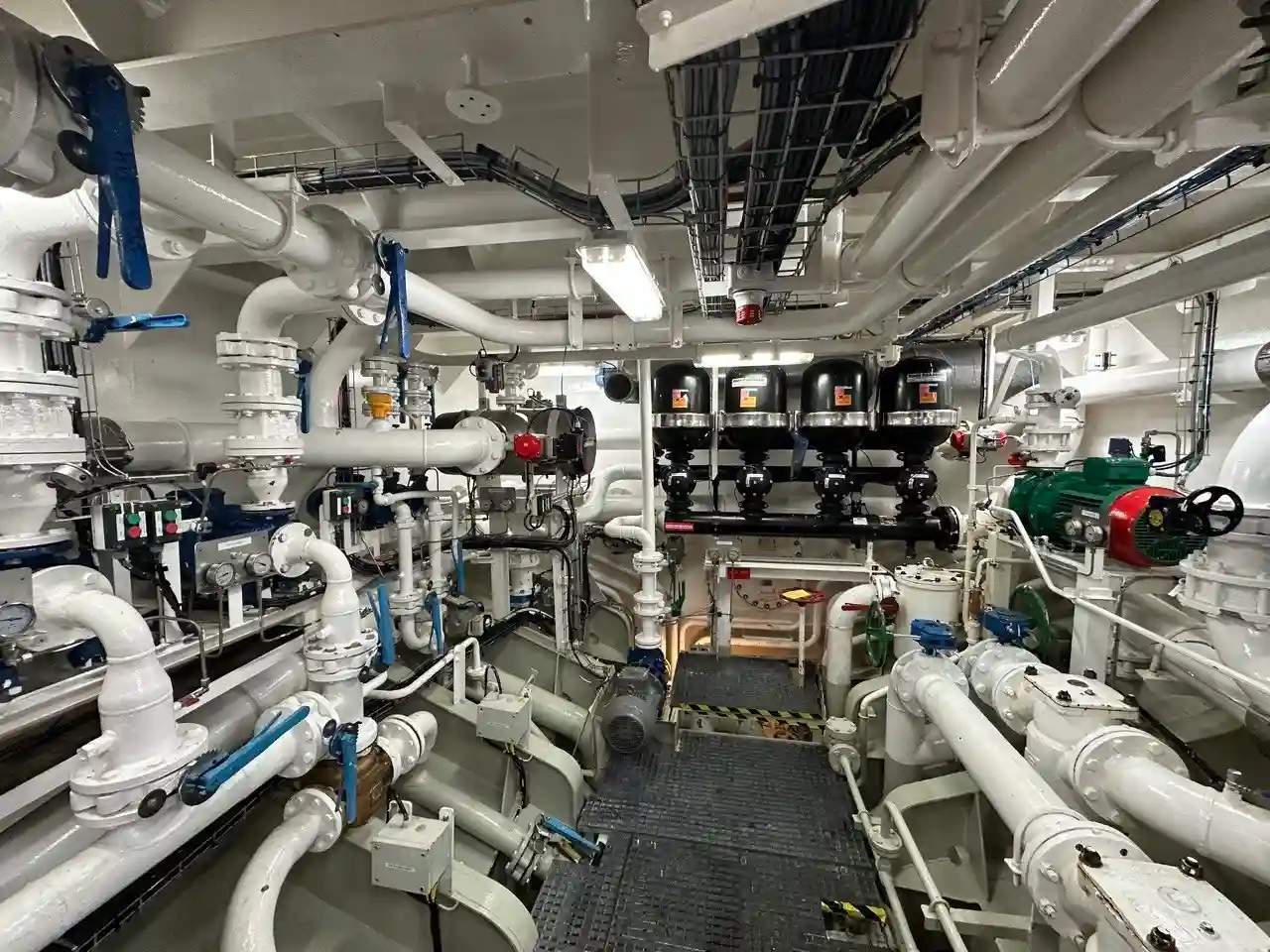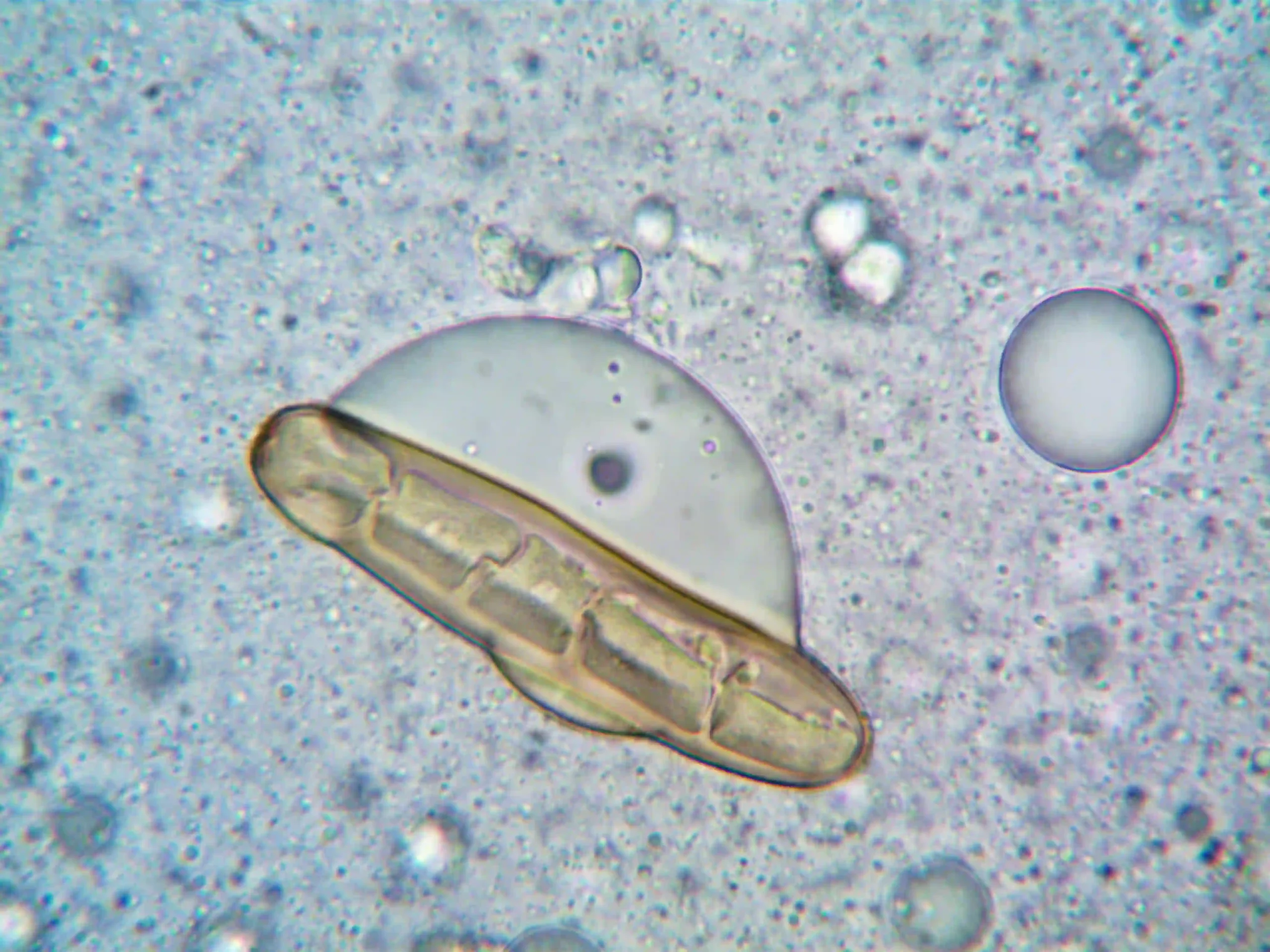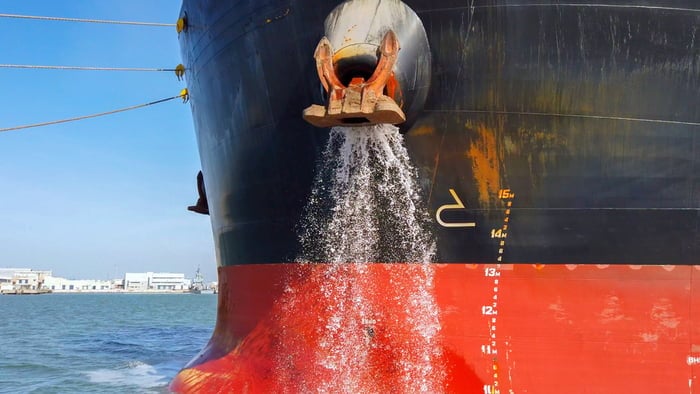Ballast water is an essential component of shipping operations, as it helps maintain the stability of vessels during transportation. Still, it is one of the main ways in which invasive species are transported across oceans, becoming a significant issue for the maritime industry. The Ballast Water Management Convention requires all vessels to implement a Ballast Water Management Plan to ensure the compliance with the standards and procedures for the management of the vessels’ ballast water and sediments. In this blog post, we will discuss the importance of the plan for vessel owners.
What is Ballast Water?
Ballast water is seawater that is taken into a ship’s ballast tanks to maintain the vessel’s stability. It is taken on board at the port of departure and discharged at the port of arrival. During this process, organisms from one location may be transported to another location with the danger of becoming invasive.
Why Invasive Species are Dangerous?
Invasive species can have catastrophic effects on ecosystems, including the loss of native species, the destruction of habitats, and economic impacts. These impacts can be particularly devastating in sensitive areas such as coastal regions and wetlands. Invasive species can also pose a significant threat to human health, as they can carry diseases.
Why is a Ballast Water Management Plan Important?
The Ballast Water Management Plan is designed to help vessel owners manage the risks associated with ballast water. This plan outlines the procedures that should be followed when taking on and discharging ballast water and sediments. It also specifies the treatment methods that should be used to minimize the risk of transferring invasive species.
The International Maritime Organization (IMO) has developed guidelines for the management of ballast water and sediments, which have been incorporated into the Ballast Water Management Convention (BWMC). The BWMC sets out the requirements for the treatment of ballast water and sediments. IMO states that “under the Convention, all ships in international traffic are required to manage their ballast water and sediments to a certain standard, according to a ship-specific ballast water management plan. All ships will also have to carry a ballast water record book and an international ballast water management certificate. The ballast water management standards will be phased in over a period of time. As an intermediate solution, ships should exchange ballast water mid-ocean. However, by 8th September 2024, most ships will be required to have an on-board ballast water treatment system which complies with IMO D2 regulations”.
Note: All vessels must meet the D2 standard by 8 September 2024.
According to Article 2 General Obligations of the BWMC, parties “undertake to give full and complete effect to the provisions of the Convention and the Annex in order to prevent, minimize and ultimately eliminate the transfer of harmful aquatic organisms and pathogens through the control and management of ship’s ballast water and sediments”.
The Plan also helps to improve a vessel’s safety. By following the guidelines, vessel owners can ensure that their vessels are operated safely and in compliance with international regulations. This can help to reduce the risk of accidents and ensure the safety onboard.
Implementing a Ballast Water Management Plan
Implementing a Ballast Water Management Plan can be a complex process and vessel owners must ensure that they are fully compliant with the regulations set out in the BWMC. This involves developing a plan that outlines the procedures for the management of ballast water and sediments and ensuring that vessels are equipped with an approved ballast water treatment system.
Vessel owners must also ensure that their crew members are trained on the proper procedures for the management of ballast water and sediments. This involves providing training on the use of ballast water treatment systems and ensuring that crew members understand the importance of following the guidelines.
Mr. Marine Ballast – Your Global Partner
Mr. Marine Ballast team is at your disposal in 400+ global ports 24/7 to service your BWTS, ensuring the vessels comply with the Ballast Water Management Regulations. Our global team of multi-brand certified technicians provides you with local service anywhere in the world. We also provide BWTS onboard and online training for your crew. With Mr. Marine, you receive high-quality service, global warranty, and long-term savings. Contact our team.


